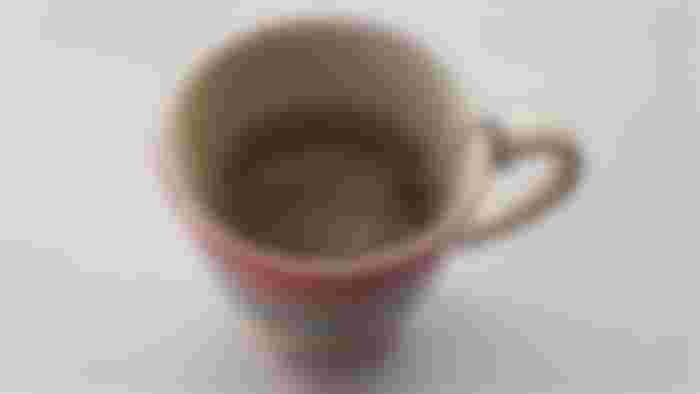Herbal medicines have been around for centuries. Some consider them witchcraft while others see them as an alternative aid for health and wellness. To be fair, in my opinion, one of the biggest reasons herbal medicine isn't well-received is due to the lack of knowledge about the herb, meaning some can be harmful to your health. Herbs are also powerful enough that they can interact with prescription and over-the-counter medications, so always do your research and consult with your doctor before starting any herb regimen.
Herbs can be prepared in many ways, including as an infusion, capsule, decoction, tincture, Poultice, and more.
Some of the most common herbal preparations are:
Herbal Infused Tea
This is perhaps one of the easiest methods in preparing herbal medicine. The method is best prepared when the herbs are allowed to steep for five or more minutes.
To make an herbal-infused tea, add boiling water to your choice of herbs (1 teaspoon per cup) and cover for 5-10 minutes. Strain your herbs if necessary, and drink immediately.
Note: You may add sweetener or milk to your tea, but it dilutes the medicinal properties of the herbs in my opinion, so I have always prepared them bare bones.

Decoction
A decoction is a much stronger version of an herbal infusion. It is made by boiling or simmering the herbs for a long period of time.
To make a decoction, boil your herbs in a pot, then cover and simmer for 20 -30 minutes. Use the decoction immediately or store it in the refrigerator for no more than 2 days.
Tinctures
A tincture is a more potent herb extract. The most common tinctures use alcohol as the base, but vinegar can be used as a healthier alternative.
To make a tincture, fill a glass jar ½ full of your choice of dried herbs or ¾ full if you are using fresh herbs. Add your choice of 80 proof alcohol (vodka is a popular choice) or apple cider vinegar, filling the jar.
Place the jar in a cool dark place for 8 weeks, shaking daily. Once the tincture is ready, strain the herbs and store the liquid in an airtight bottle or jar. Label your tinctures with the ingredients used, date made, and dose. Tinctures are extremely powerful, so your dose should be no more than 1 teaspoon.
If you are planning to prepare more than one tincture for use, it is advisable to create them with individual herbs so that they can be combined and used for more than one ailment. Tinctures are also excellent at having a very long shelf life if stored properly.
Note: Some herbs do not work well with alcohol. Always do your research.
Capsules
Capsules are an easy way to consume herbs that are beneficial, but may not be wonderful in taste.
To make herbal capsules, mix your desired herbs and grind them with your mortar and pestle or a coffee grinder. Next, separate your empty capsules and pour about one tablespoon of your herb mixture into the large end using a capsule machine as indicated in the manufacturer's directions. Store completed capsules in a recycled clean pill bottle or small jar and label it with the ingredients used, usage, and doses.
While it may seem time-consuming to make your own capsules, it's actually worth it because you will know what is in the capsules versus those already prepared that may contain additives, chemicals, and fillers.
Poultices
A poultice is an herbal paste that is applied directly to the skin. The herbal mixture is typically mixed with a liquid such as water or oil and placed into a cloth to be applied hot or cold.
There are several ways a poultice may be made. One of the easiest ways is to place your choice of fresh or dried herbs into a muslin bag, then tie a knot at the end of it. Next, soak the bag in hot water and knead before apply to the affected area.
You may also create a pulp of your choice of herbs by combining them with a small amount of oil or water until it becomes a thick paste. Apply the paste directly to the skin and wrap it with muslin or gauze to hold it into place.
